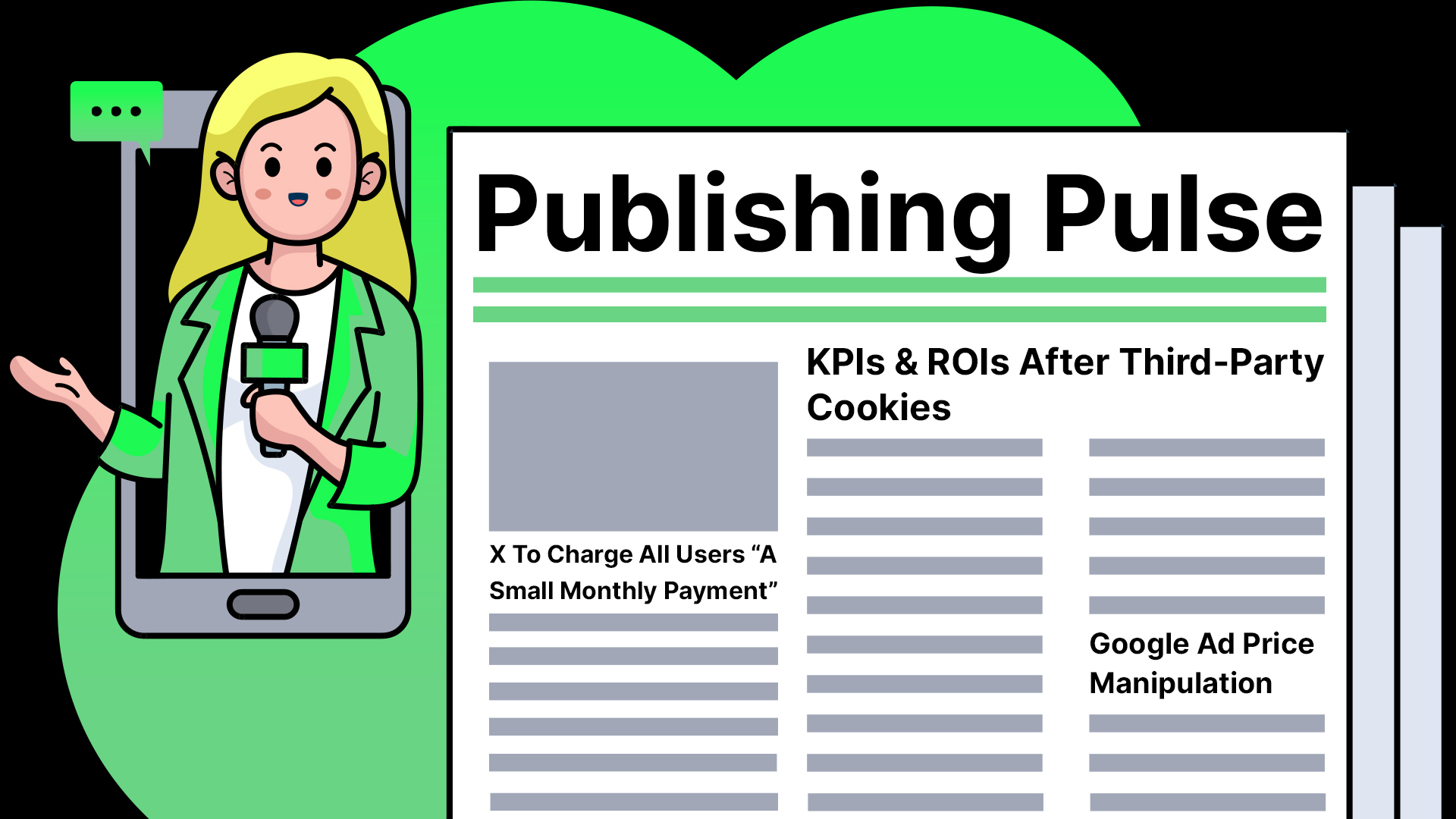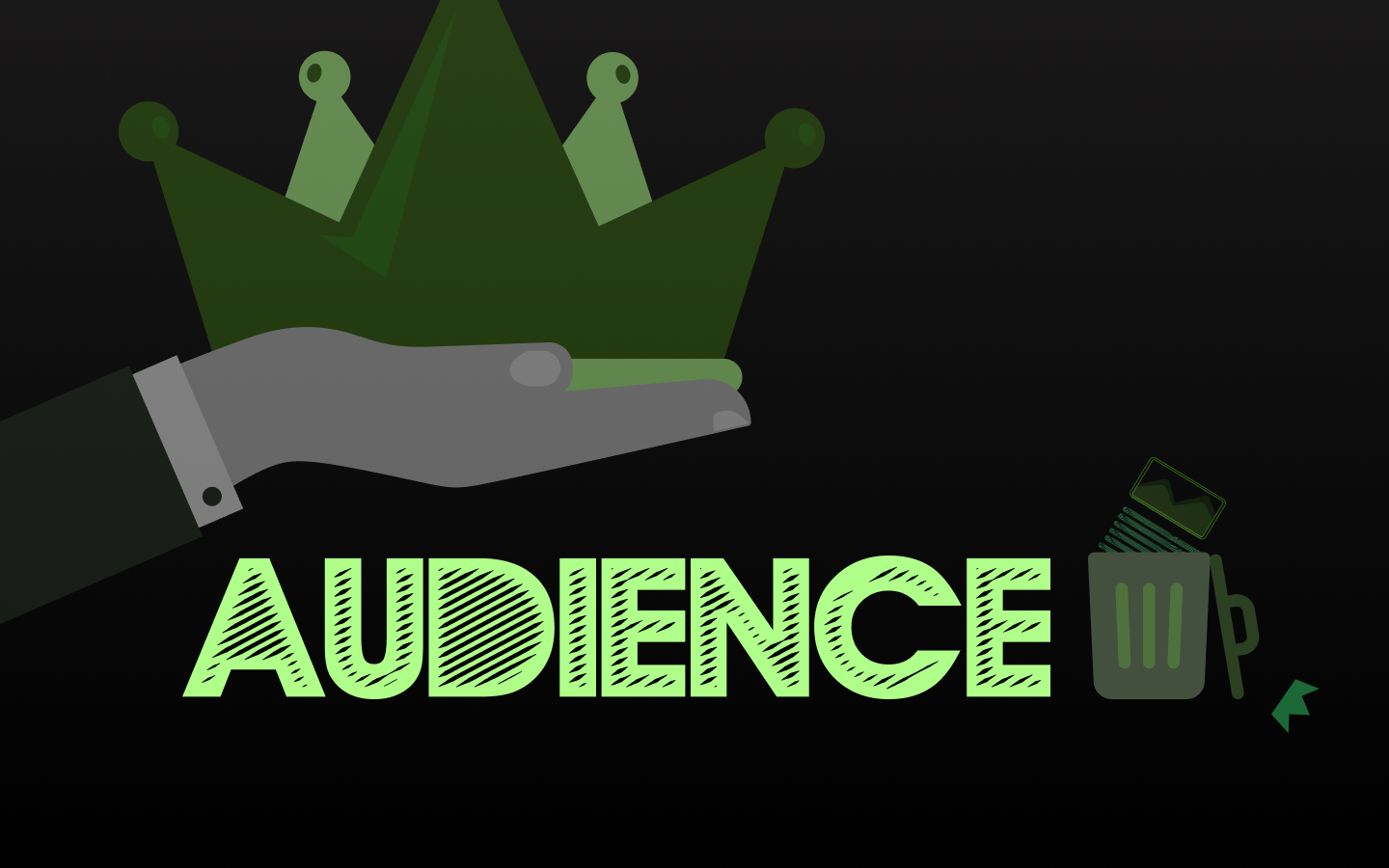Welcome to Publishing Pulse, your weekly source for industry updates in online publishing. Stay informed about the latest trends and breakthroughs in the ad ecosystem, content creation, SEO, AI technology, and monetization.
If you prefer to listen to industry news, tune in to The Publisher Lab podcast. New episodes are released weekly on Thursday.
SEO Alert: Links Not Dominating Google’s Top Ranking Factors
In 2016, Google’s Andrey Lipattsev identified links as a top ranking factor in Google Search, alongside content and RankBrain. But by 2023, Gary Illyes from Google says that links aren’t in the top three anymore. Though still essential, their relevance has been overplayed by SEO experts.
Factors like machine learning and natural language processing now play a larger role in Google’s ranking algorithm. Illyes highlighted that sites can rank without links, giving an example of a site with top-tier content and no links that ranked first. Google representatives, including Duy Nguyen and John Mueller, have echoed similar sentiments about the diminished role of links. This shift has ignited discussions within the SEO community, with some questioning the veracity of Google’s statements. However, Illyes clarified that while links aren’t a top-three factor, they still matter in SEO.
On this week’s episode of The Publisher Lab, our host, Tyler Bishop, was joined by SEO specialist Zach Ashman. Zach shared that Google’s documentation and recommendations surrounding AI language were more strict in the past, advising users to indicate when they were using AI clearly. However, this leniency has lessened as Google recognizes the AI’s ability to create helpful content.

Zach believes that Google’s goal is to provide users with the most useful and reliable information. If AI-generated content proves to be the most helpful, Google will promote it. However, he acknowledges that Google will need to find a balance between providing helpful content and making money.
How Marketers Can Leverage AI for Keywords
AI is revolutionizing the landscape of search advertising. It’s making waves in how ad formats and creatives are developed, with the ability to automatically generate ad materials or dynamically modify them to resonate with the target audience. Moreover, machine learning algorithms are now able to sift through vast amounts of data to tweak bidding in real time, ensuring optimized conversions while adhering to budget limits.
Campaigns have also seen a transformation. AI can finely segment audiences based on diverse metrics like behavior and interests, predicting which groups are more likely to engage. Additionally, AI-driven tools expedite the process of analyzing content to suggest pertinent keywords, potentially uncovering overlooked long-tail keywords in the process.
Modern search algorithms, with the help of AI, are diving deep into understanding the intent behind user queries. This new approach prompts advertisers to look beyond specific keywords and design their campaigns to resonate with user intentions. This enhanced understanding is matched by AI’s capability to swiftly evaluate campaign performance, spotting trends and anomalies that might require strategy adjustments.
Yet another domain witnessing AI’s impact is ad personalization. Ads can now be tailored for individual users, considering their browsing patterns, past purchases, and more, making them more relevant and effective. However, as transformative as AI’s role might be in search advertising, the human element remains irreplaceable. It’s crucial for strategists to guide AI tools, ensuring they align with broader business goals and are set up correctly to deliver desired results. In the evolving narrative of search advertising, the confluence of AI capabilities with human insight is poised to redefine success.
Publishers Focus on Demonstrating Advertiser ROI in Today’s Market
Advertisers are demanding stronger proof of ROI from publishers, prompting shifts in KPIs. The impending demise of third-party cookies has publishers seeking other means, like first-party data, to ensure campaign success.
“Web publishers should start thinking about how they can interact with their audience and gather feedback, similar to social media platforms. This approach will become increasingly important in the next 5 to 10 years,” says Tyler.
Zach pointed out that relying solely on affiliate and programmatic ads can lead to disengagement from the audience, reducing the value of passive income.
Direct-sold advertising is seeing demands for assured ROIs. Companies like Condé Nast are moving from viewability metrics to attention metrics, such as hover rates and time spent, to validate campaign efficacy. Blavity Inc. notes that advertisers committed to diversity and inclusion get better ROI. Meanwhile, Apartment Therapy sees event sponsorships now aiming to drive immediate sales rather than just brand awareness. Publishers now see a need for standardized attention metrics to prove their worth to advertisers.
Ad Price Controversy Deepens as Google Faces Downplaying Accusations
Google finds itself in hot water, facing accusations of discreetly boosting ad prices without giving a heads-up to its advertisers. Revelations during a recent antitrust trial show that Google has, on occasions, hiked ad prices by as much as 10%. Many in the advertising community are alarmed, hinting that the real increases could be even more pronounced. This situation underscores the broader issues of transparency and fair competition in the world of digital advertising.
Elon Musk Considers ‘Small Monthly Payment’ for X Users
Elon Musk is considering a monthly subscription for X, previously known as Twitter, to address the platform’s bot problem. He believes even a nominal fee might discourage bot creation. Though X claims 550 million monthly users, it’s unclear how many are bots. While there’s already an X Premium subscription, Musk had thought of making the entire platform subscription-based. Alongside AI regulatory discussions, Musk also delved into hate speech concerns on X, voicing his reservations.





